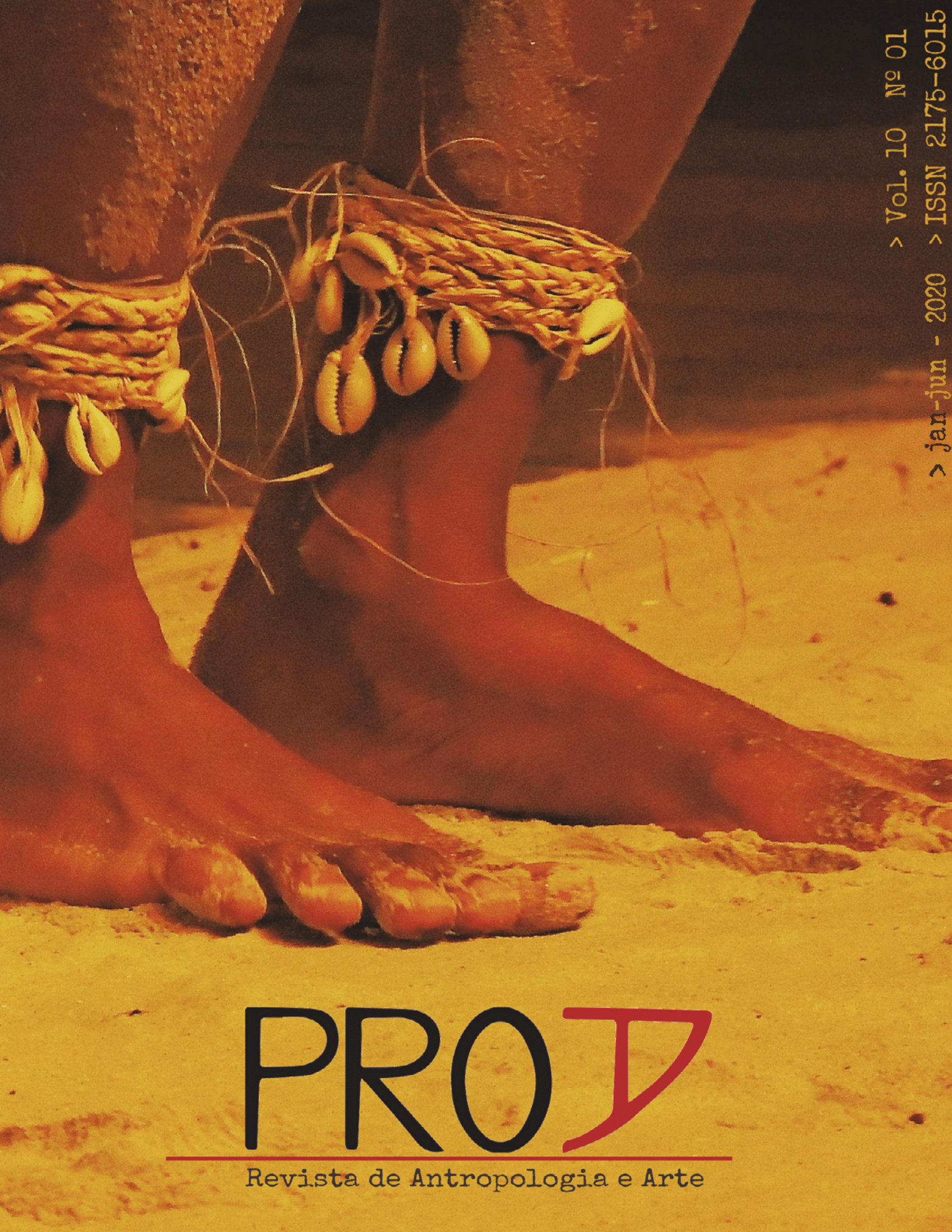Abstract
Folk songs commonly express generalized feelings among those who create and perform them: sometimes they convey the spirit of celebrations and rituals, sometimes they articulate suffering and political resistance. Asadoya Yunta, from the Yaeyama islands (Okinawa), is an example of popular dissatisfaction with the colonizing undertakings conducted by Japan, particularly in the 19th century; but when it is translated into Japanese, the anti-colonialist theme disappears, giving way to a love song, harmless in its content. Thus, this paper seeks to demonstrate, through the case study of Asadoya Yunta, how the removal of contextual elements from creative texts serves a strategic purpose in asymmetrical power relations, emptying the text of meaning and depoliticizing its significance.
References
BHABHA, Homi K. O local da cultura. Belo Horizonte: Ed. UFMG, 1998.
CAMPOS, Haroldo de. Metalinguagem & outras metas: ensaios de teoria e crítica literária. São Paulo: Perspectiva, 2006.
GILLAN, Matt. Treasures of the Island People: tradition and modernity in Yaeyaman pop music. In: Asian Music, Vol. 39, No. 1, pp. 42-68. 2008.
HEINRICH, Patrick; BAIRON, Fija. “Wanne Uchinanchu – I am Okinawan.”: Japan, the US and Okinawa’s Endangered Languages. The Asia-pacific Journal: Japan Focus. [S. l.]. 3 nov. 2007. Disponível em: https://apjjf.org/-Patrick-Heinrich/2586/article.html. Acesso em: 25 fev. 2019.
HIGA, Laís Miwa. Umi nu Kanata – Do Outro Lado do Mar: história e diferença na “co-munidade okinawana brasileira”. Dissertação (Programa de Pós-Graduação em Antropologia Social) – USP. São Paulo, 2015.
KENSEI, Yoshida. US Bases, Japan and the Reality of Okinawa as a Military Colony. In: The Asia-Pacific Journal: Japan Focus, Vol. 6, No. 8. 2008. Disponível em: https://apjjf.org/-Yoshi-da-Kensei/2857/article.html. Acesso em: 23 fev. 2019.
KERR, George H. Okinawa: The history of an island people. Singapura: Tuttle Publishing, 2000.
McCORMACK, Gavan; NORIMATSU, Satoko Oka. Resistant Islands: Okinawa confronts Japan and the United States. 2ª ed. Lanham: Rowman & Littlefield Publishers, Inc., 2018.
MORI, Koichi. Identity Transformations among Okinawans and Their Descendants in Brazil. In: LESSER, Jeffrey (Ed.). Searching for Home Abroad: Japanese Brazilians and Transnation-alism. Middletown: Duke University Press, 2003. p. 47-65.
MOSELEY, Christopher (ed.). Atlas of the World’s Languages in Danger, 3ª ed. Paris: UNES-CO Publishing, 2010. Versão online: http://www.unesco.org/culture/en/endangeredlangua-ges/atlas. Acesso em: 22 fev. 2019.
NAKAYAMA, Risa. Autonomy through Traditional Performing Arts: The Use of Okinawan and Japanese Music in the Screen Version of The Teahouse of the August Moon. (Cinema Studies). vol. 9, p. 22-43. 25 dez. 2017. Disponível em: https://www.jstage.jst.go.jp/article/jscsj/9/0/9_22/_article/-char/ja/. Acesso em: 26 fev. 2019.
OKAMOTO, Hiromichi. Structural Transformation of Ryukyu Kingdom in the 17th and Early 18th Centuries: As an Intersection of Cultural Interaction. In: Cultural Reproduction on its Interface: From the Perspectives of Text, Diplomacy, Otherness, and Tea in East Asia: 3-17, 2010.
ORLANDI, Eni Puccinelli. Análise de discurso: Princípios e procedimentos. 5. ed. Campinas: Pontes, 2003.
SAID, Edward. Orientalismo: o Oriente como invenção do Ocidente. São Paulo: Companhia das Letras, 2003.
SERED, Susan. Women of the Sacred Groves: Divine Priestesses of Okinawa. Nova Iorque: Oxford University Press, 1999.
TANJI, Miyume. Rethinking resistance in everyday Okinawa: diaspora, transformation and minor literature. In: Asian Studies Review, Vol. 36, pp. 105-117. Março de 2012.
UEMURA, Hideaki. The Colonial Annexation of Okinawa and the Logic of International Law: The Formation of an ‘Indigenous People’ in East Asia. In: Japanese Studies, Vol. 23, No. 2, setembro de 2003.
YOKOTA, Ryan Masaaki. Reversion-Era Proposals for Okinawan Regional Autonomy. In: IACOBELLI, Pedro; MATSUDA, Hiroko (Ed.). Rethinking Postwar Okinawa: Beyond American Occupation. Lanham: Lexington Books, 2017. Cap. 4. p. 59-79.

This work is licensed under a Creative Commons Attribution 4.0 International License.
Copyright (c) 2020 Gabriela Shimabuko
